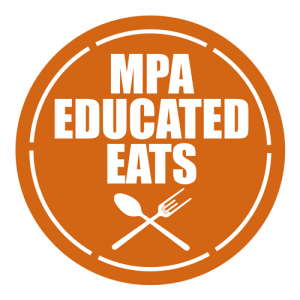So I went into this semester thinking my life would be less hectic than the fall…I was wrong.

Quick recap of the fall: I was in 4.5 classes (lyceum was once a week with very little work involved beyond going to class) and was recruiting. I also ran a half marathon and had pneumonia (yes…at the same time); took the whole week of Thanksgiving off to attend a wedding in Key West, then passed through on Austin on my way to Denver to see the Broncos beat the Patriots in OT. So…I was a little busy!


I assumed that this semester would be lighter-5 classes, but no recruiting, no racing beyond a 10K in April, and no skipping school for personal obligations. HA! I didn’t consider that my course load would involve group projects in 4/5 classes, with tests in some, plus individual homework and projects.

I no longer get to spend my Fridays at home sleeping in and doing homework in sweatpants, which I miss terribly. Instead I’m up early every day of the week (including weekends) trying to get my work done and pull my fair share in projects. For my own sanity and health I’ve also upped my days at the gym to at least 4/week, alternating between weights, swimming, and running.
While I am extremely busy, I don’t see this ending anytime soon. Students are drawn to UT’s MPA program because it gets you to your goals faster, whether that’s a FT job offer, CPA eligibility, or a chance at a new career.

This is, logistically, one of the busiest times in my life, but I am going to leave McCombs knowing myself better and how to make the best of any future work or personal situation…and if I’m not sure, well-I’ve been taught how to learn and question by the best…so I think everything’s going to be fine 🙂
Courses by Semester
Fall 2015: Finance, Managerial, Intermediate, Audit, Lyceum
Spring 2016: FSA, Management Audit (Internal Auditing), Strategic Controls, Business Law, ITAC







